Baltic Earth Science Steering Group (BESSG)
As of the third meeting of the Baltic Earth Interim Science Steering Group (BEISSG) on 18 June 2014 in Lund, Sweden, the permanent Baltic Earth Science Steering Group (BESSG) has been installed. Baltic Earth is led and managed by the Baltic Earth Science Steering Group. The steering group has the responsibility to organize and maintain the programme efficiently.
Approved by BESSG, 18 June 2014
Modifications approved by BESSG, 8 March 2016 and 8 March 2017
Terms of Reference
1. Tasks of the BSSG are to
- undertake the overall planning, monitoring and coordination of Baltic Earth
- regularly review and update the Science Plan including the Grand Challenges, and to assess Baltic Earth actions and achievements against the provisions of the Science and Implementation plans
- suggest and approve members and chairs of Baltic Earth panels, including the BESSG and the Senior Advisory Board (SAB), with qualified majority1
- suggest and approve chairs of Baltic Earth Working Groups, with qualified majority1 1 The “qualified majority” is 2/3 of BESSG members present at a meeting.
- initiate, supervise and review the work of Baltic Earth Working Groups
- review developments relevant for Baltic Earth at international levels, suggest related actions for Baltic Earth, and report, or organize the reporting, to the relevant panels at international levels
- interact with the various national and international authorities important for Baltic Earth
- to promote Baltic Earth at the institutional, national and international level through presentations at meetings and conferences
- establish and maintain links to other relevant projects and programmes and assure cooperation whenever possible and adequate
- establish and maintain links to stakeholders, policy-makers and the public in order to i) create awareness of Baltic Earth, ii) make Baltic Earth results available for use, iii) exchange advise concerning Baltic Earth results, related requirements, and their application for the benefit of society
- undertake suitable steps to both promote funding possibilities at national and international levels
- actively initiate or support related funding proposals in support of the Baltic Earth
- initiate and prepare Baltic Earth Conferences on a regular basis (every 2 years, starting with 2016)
- initiate and prepare Baltic Earth symposia and workshops on relevant topics (at least one per year)
- meet at least annually, with E-Mail communications between meetings
2. Term
- For chairpersons: 3 years (starting June 2016), with the possibility for a renewal of the term
- For members: 3 years (starting June 2016) , with the possibility for a renewal of the term
3. Election and approval
- Criteria for a membership in the BESSG are scientific excellence, an active contribution to BESSG meetings, conferences, workshops, summer schools, working groups and projects, as well as gender, country, institutional and scientific discipline balance
- New members need to be identified and suggested by at least one member
- Suggestion of a candidate needs to be communicated to all members at least 4 weeks prior to election and approval by a qualified majority of the BESSG
- Approval by the BESSG is normally done at a regular BESSG meeting, in important cases approval and election may be by E-mail between meetings
- Final official approval by the BESSG chair
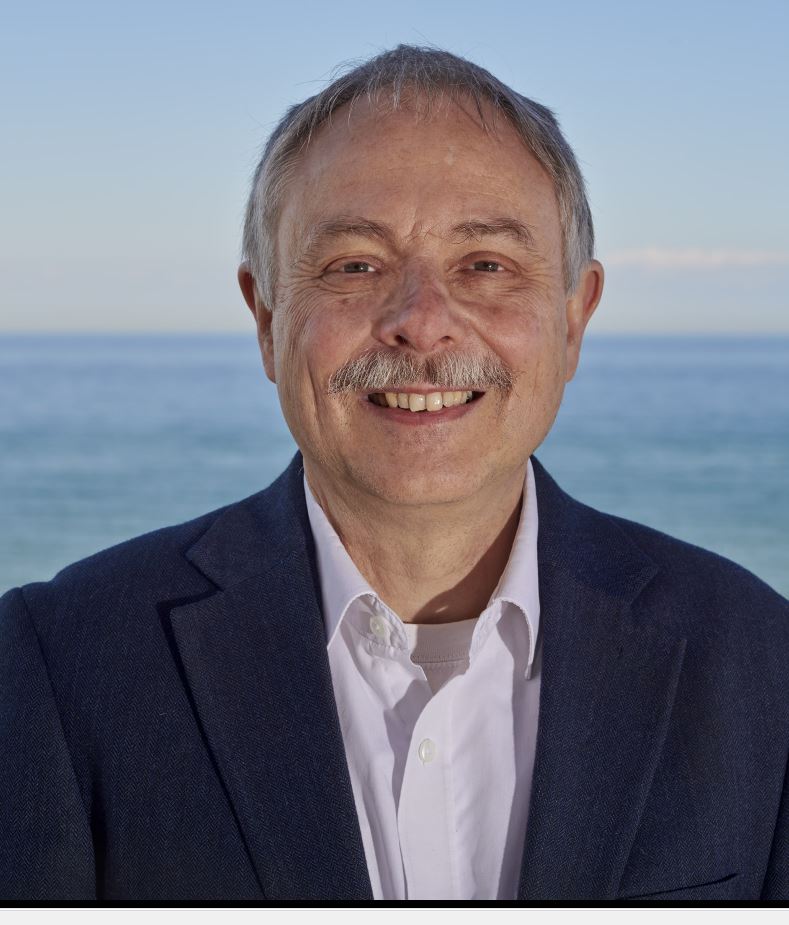
Leibniz-Institute for Baltic Sea Research Warnemünde, Germany and Swedish Meteorological and Hydrological Institute, Sweden
E-mail contactNumerical modeling of the Baltic Sea, North Sea and Arctic Ocean Atmosphere – sea ice – ocean interactions, biogeochemical modeling, ensemble scenario simulations, climate reconstructions and paleoclimatological studies
Member since June 2013

Carbon cycle in the marine environment, biological pump mechanism, greenhouse effect
Member since June 2013

Environmental Analysis, Environmental Monitoring, Sediments, Environment Environmental Impact Assessments, Eutrophication, Rivers
Member since June 2013
Physical Oceanography, Leibniz Institute for Baltic Sea Research Warnemünde (IOW)
E-mail contactregional climate variability, salinity dynamics of the Baltic Sea, global climate model ensembles
Member since June 2025
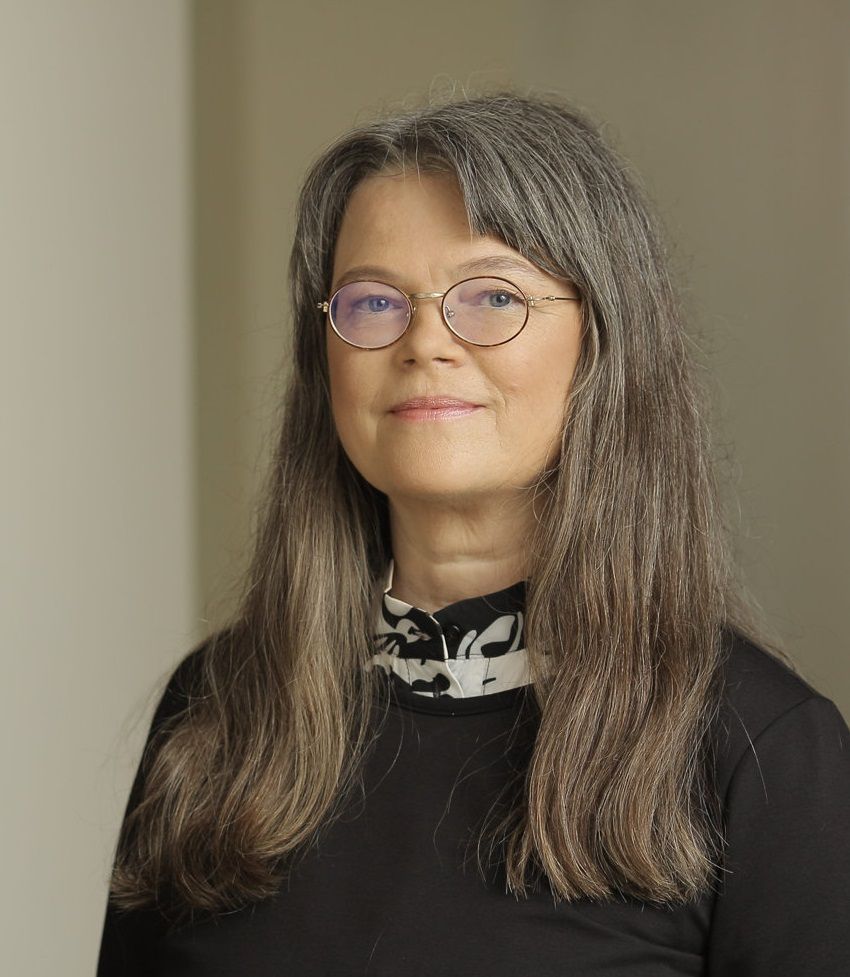
Marine Research Institute, Klaipeda University, Lithuania
E-mail contactClimate Change, Environment, Climatology, Oceanography, Earth Sciences, Geophysics, Geodesy and Surveying, Remote Sensing Applications
Member since June 2013

Department of Physical Geography Stockholm University
E-mail contactWebsite
Georgia´s research interests include hydro-climate, water resource availability and quality, and their shifts due to changes in human activity, climate, and other environmental aspects. Geographically, her research focus is both global and regional on various parts of the world, including for example the Baltic, Arctic, Central and East Asian, Balkan and Mediterranean regions.
Member since June 2022.
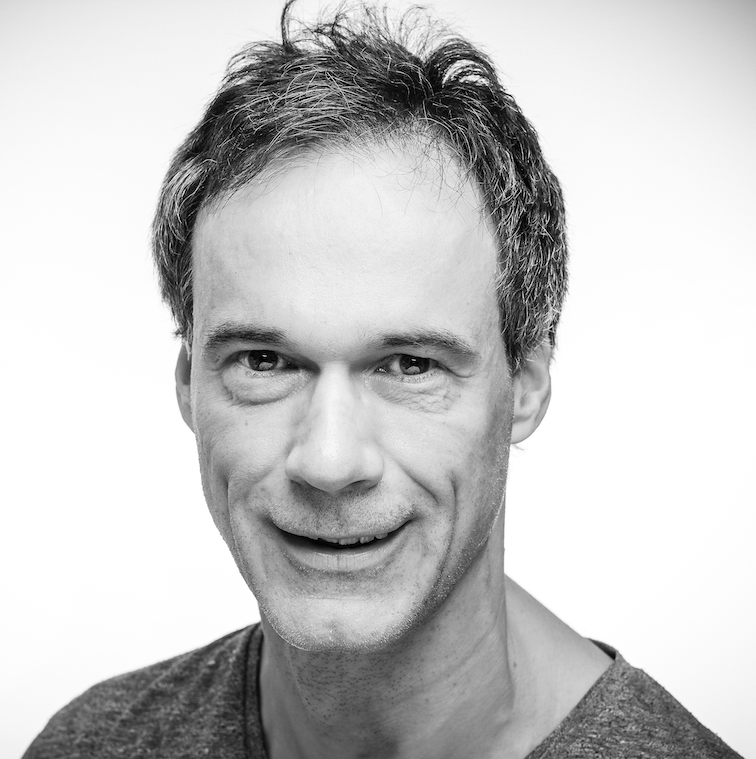
Leibniz Institute for Baltic Sea Research Warnemünde, Germany
E-mail contactInteractions between physical and biogeochemical processes and their sensitivity to climate change. Biogeochemical and hydrodynamical 3D modelling.
Member since February 2018

Department of Economics and Management Helsinki Institute of Sustainability Science (HELSUS)
E-mail contactWebsite
Kari studies the best practices and policies to protect aquatic ecosystems, with a special focus on the Baltic Sea. His research addresses cost-efficient measures and policy instruments to mitigate and adapt to the environmental problems of the Baltic Sea and the future prospects of sustainable blue growth sectors.
Member since June 2022.
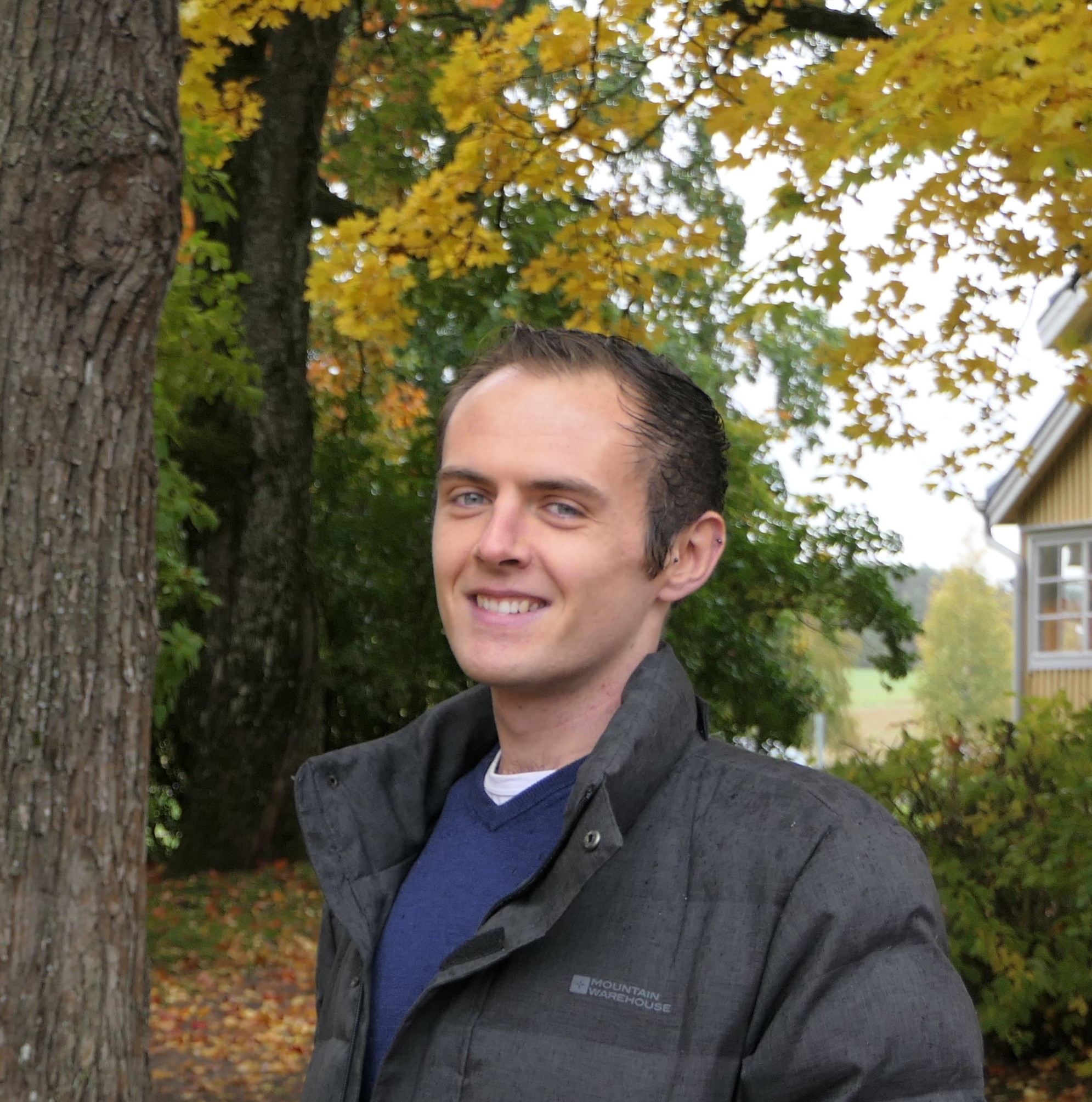
University Instructor, Department of Economics and Management, Helsinki Institute of Sustainability Science (HELSUS), University of Helsinki, Finland
E-mail contactenvironmental economics, marine and energy governance, sustainability, and stakeholder engagement in participatory planning processes
Member since June 2025.
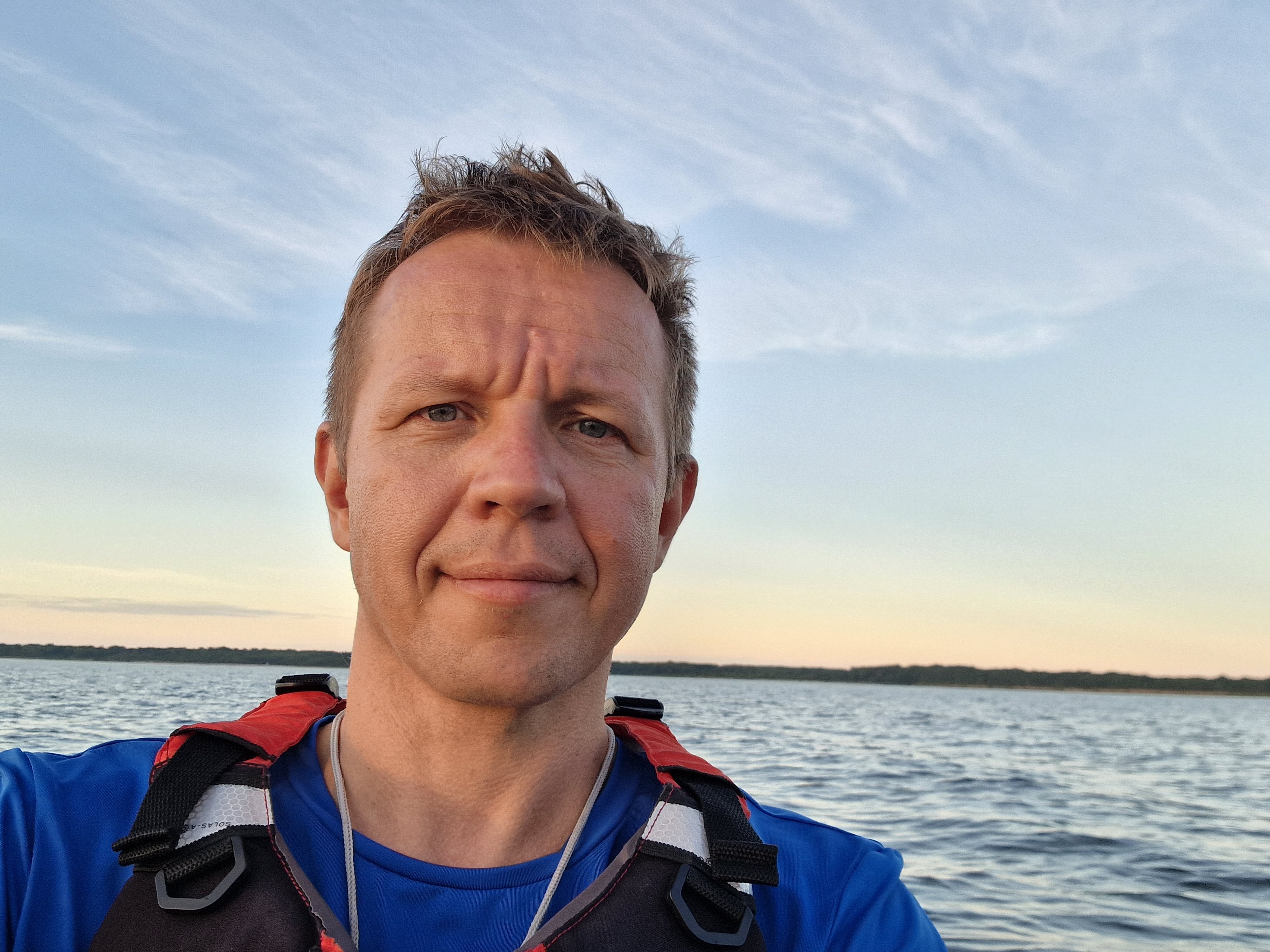
Marine Systems Institute, Tallinn University of Technology (TalTech), Estonia
E-mail contactphysical oceanography, oxygen depletion, impact of human activities on marine ecosystems, design of advanced ocean observing systems
Member since June 2025.

Urmas is professor and head of Department of Marine Systems at Tallinn University of Technology. He is internationally involved in HELCOM, BOOS and EuroGOOS. One of his research interest involves the interplay between meteorological and hydrophysical processes on the one hand, and biological and biogeochemical processes on the other hand.
Member since Nov 2018

3D marine modeling (especially physics), process studies (upwelling, vertical turbulence), smart use of currents for marine safety issues
Member since June 2013

Coastal geomorphology, physical coastal processes, coastal management, vessel wakes and wake impacts, coral reef geomorphology, coastal monitoring, beach nourishment
Member since September 2023

Atmospheric Sciences, Engineering, Climate Change, Environment, Remote Sensing, Meteorology, Earth Sciences, Remote Sensing Applications
Member since June 2013
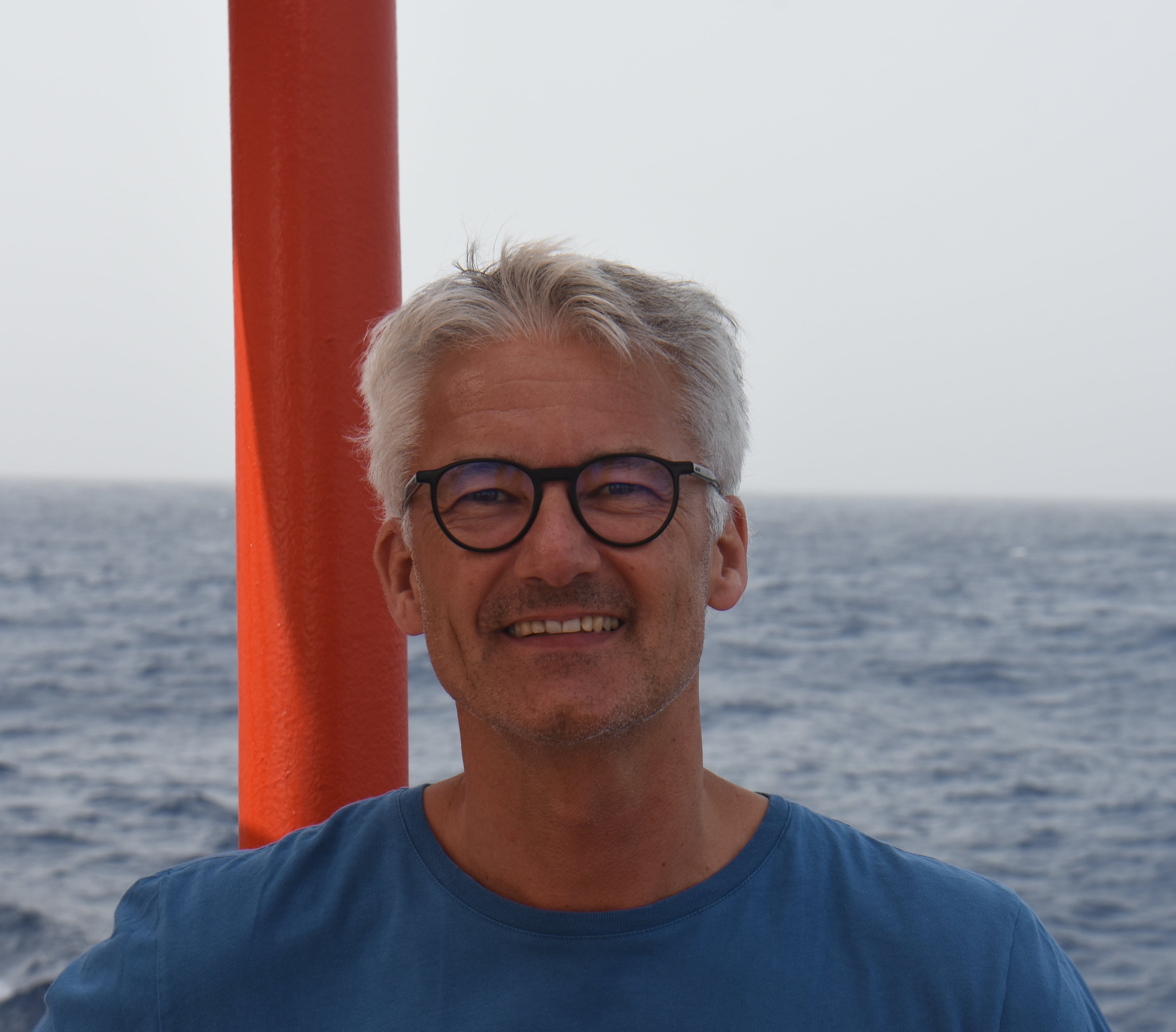
Leibniz Institute for Baltic Sea Research, Warnemünde, Germany
E-mail contactMarine Chemistry
Member since June 2013
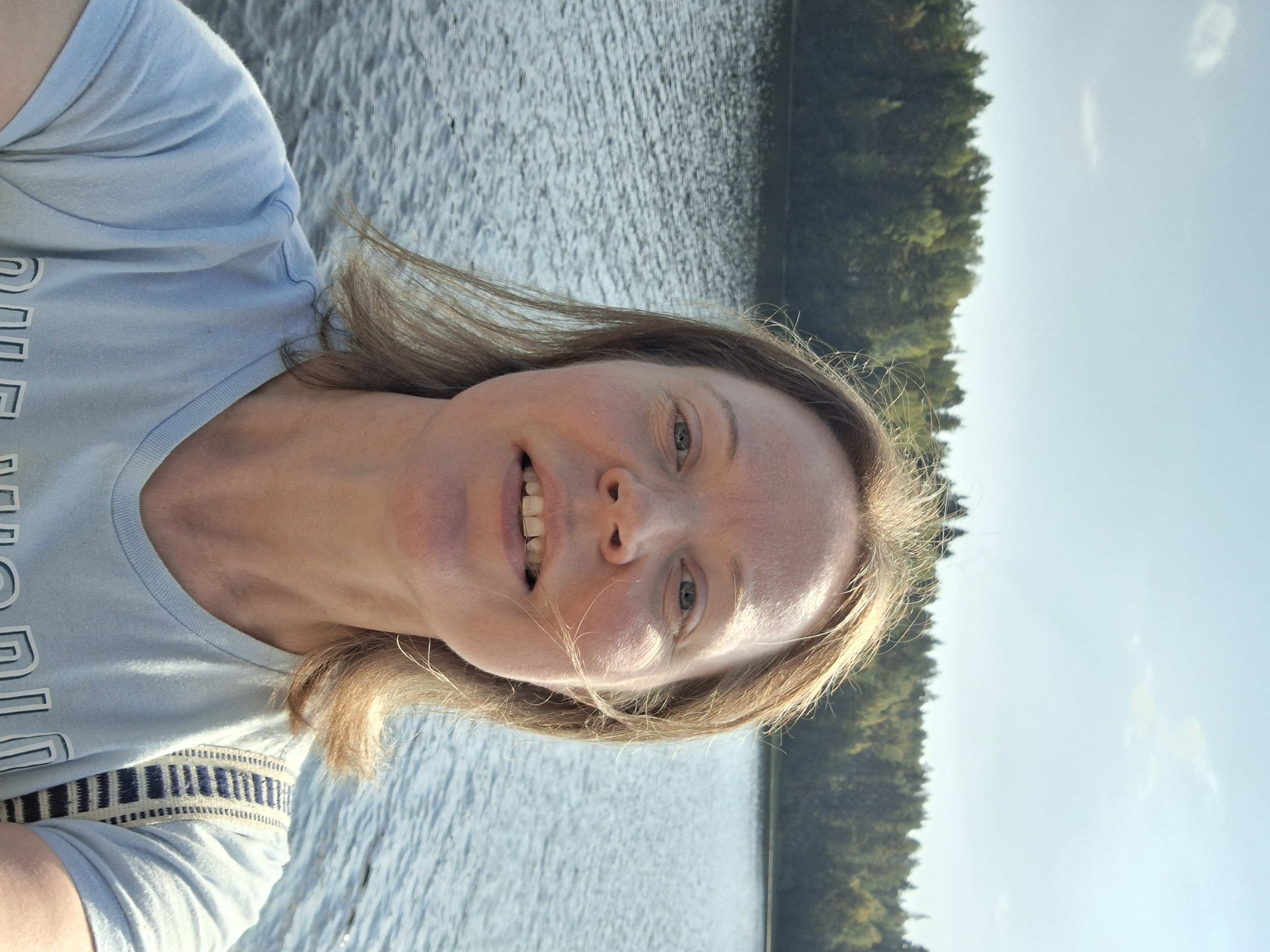
University of Turku, Finland
E-mail contactDepartment of Biodiversity Sciences
Member since November 2025.
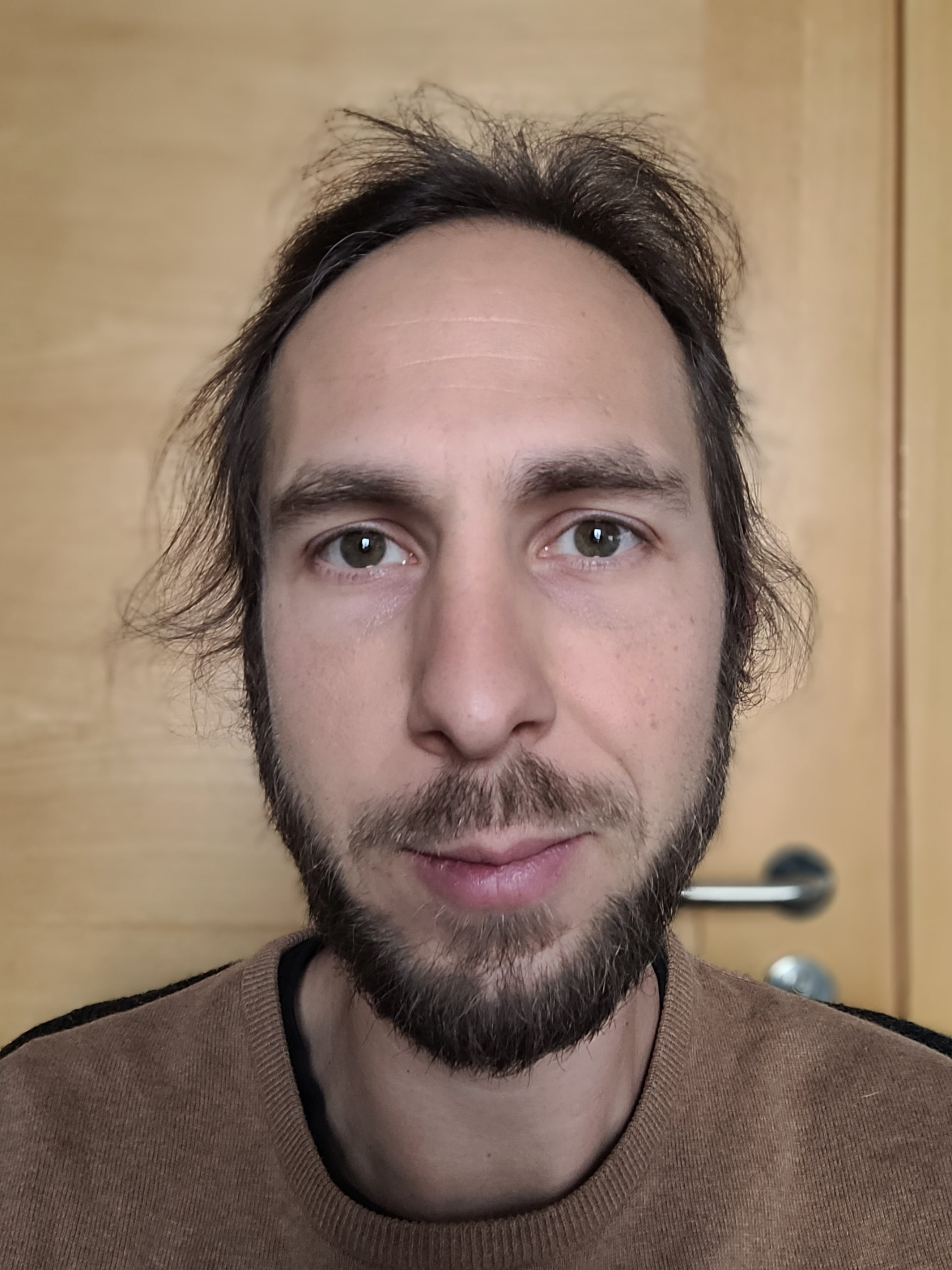
Marine ecology, Food webs, Benthic-pelagic coupling
Member since June 2025.

Tallinn University of Technology Department of Cybernetics President of the Estonian Academy of Science
E-mail contactWave dynamics, coastal engineering
Member since Feb 2018

Regional Climate Modelling
Member since June 2013

Wind waves and wind wave modelling, ocean surface layer dynamics, new automated measurement techniques for the Baltic Sea (Argo floats, gliders)
Member since February 2020
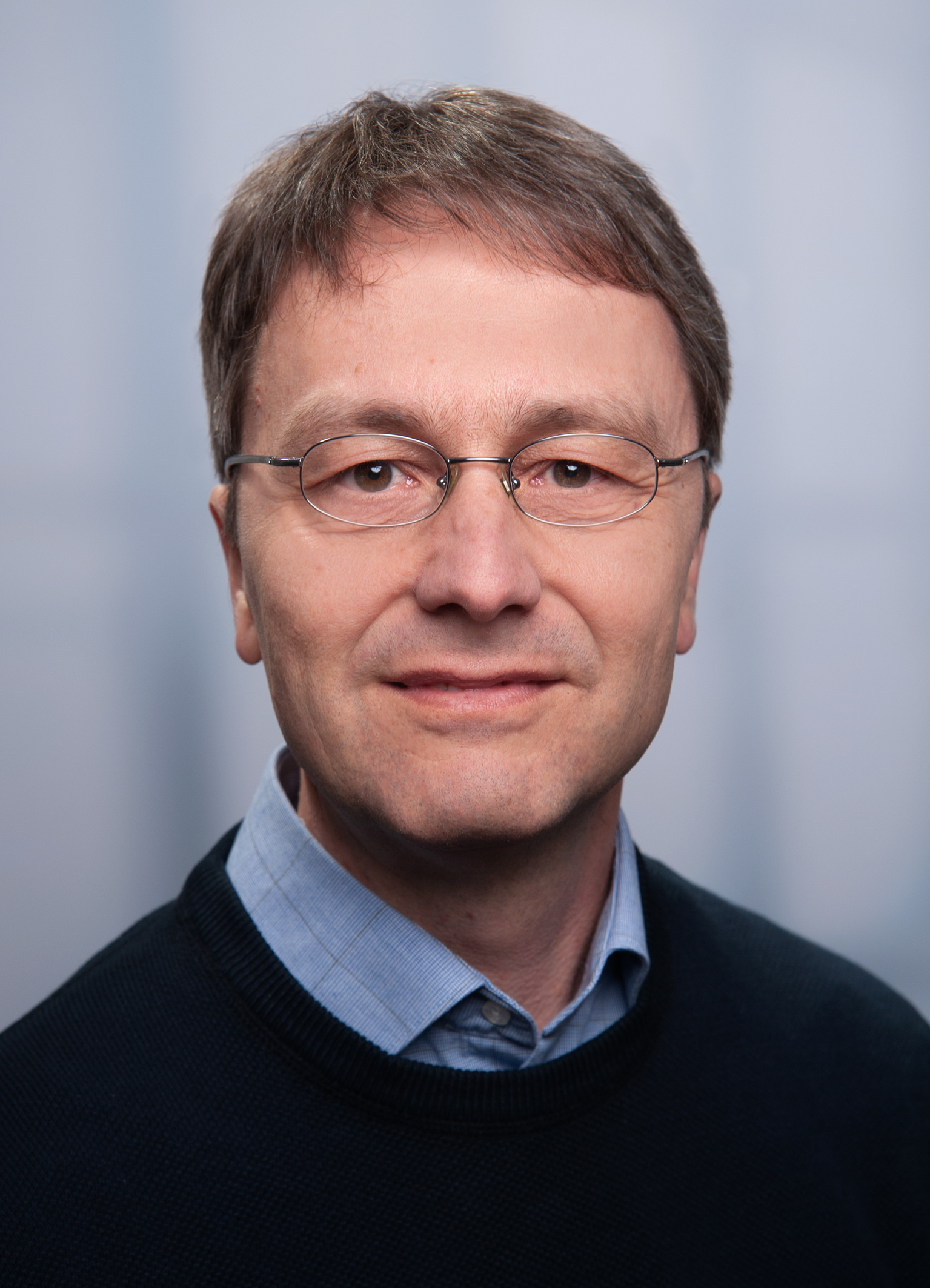
Institute of Coastal Research Helmholtz-Zentrum Hereon, Germany
E-mail contactClimate variability and modelling, in particular wind, wave and storm surge climate, and mean sea level changes
Member since March 2016

Institute of Meteorology and Water Management – National Research Institute, Gdynia, Poland
E-mail contactHazardous substances in the marine environment, marine litter, environmental monitoring, assessment of the status of the environment
Member since December 2024


- Anna Rutgersson Department of Earth Sciences, Uppsala University, Sweden (June 2013 - May 2025)
- Andreas Lehmann GEOMAR Helmholtz-Zentrum für Ozeanforschung Kiel, Germany (June 2013 - May 2025)
- Franz Berger Meteorologisches Observatorium Lindenberg - Richard-Aßmann-Observatorium, Deutscher Wetterdienst Tauche, Germany (June 2013 - May 2025)
- Marcus Reckermann International Baltic Earth Secretariat, Helmholtz-Zentrum Hereon, Germany (June 2013 - May 2025)
- Jari Haapala Finnish Meteorological Institute, Finland (June 2013 - February 2020)
- Corinna Schrum Helmholtz-Zentrum Hereon, Geesthacht, Germany (March 2016 - August 2019)
- Sirje Keevallik Marine Systems Institute at TUT Tallinn, Estonia (June 2013 - June 2016)
- Hans von Storch Helmholtz-Zentrum Hereon, Geesthacht, Germany (June 2013 - June 2016)
- Eduardo Zorita Helmholtz-Zentrum Hereon, Geesthacht, Germany (June 2013 - March 2015)
- Chantal Donnelly Swedish Meteorological and Hydrological Institute, Norrköping, Sweden (June 2013 - March 2016)
- Carin Nilsson Centre for Environmental and Climate Research, Lund University, Sweden (June 2013 - March 2016)
- Anders Omstedt University of Gothenburg, Gothenburg, Sweden (June 2013 - Feb 2018)
- Benjamin Smith Lund University Lund, Sweden (June 2013 - August 2018)

